One of the most important cities in the Eastern Roman Empire was Zeugma: A once flourishing city home to 80,000 inhabitants situated in the present-day province of Gaziantep in southern Turkey.
Now, researchers are digging up exciting ancient mosaics. Excavations began in 2007 and just seven years earlier, in 2000, the ancient city was completely submerged underwater.
To this day, 25 houses of the 2000-3000 discovered remain underwater. Not only was the finding of the houses remarkable, but three incredibly well-preserved colored glass mosaics that date back to the 2nd century BC were also discovered.
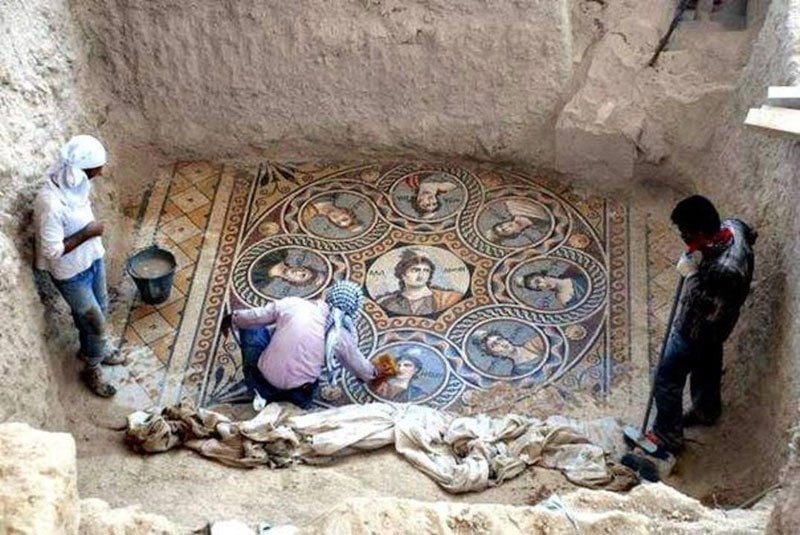
The first mosaic depicts the nine Muses – the goddesses of the inspiration of literature, science, and the arts.
The second mosaic depicts the Ocean – the divine personification of the sea – and his sister Tethys. The third, smaller in size mosaic, depicts a young man.
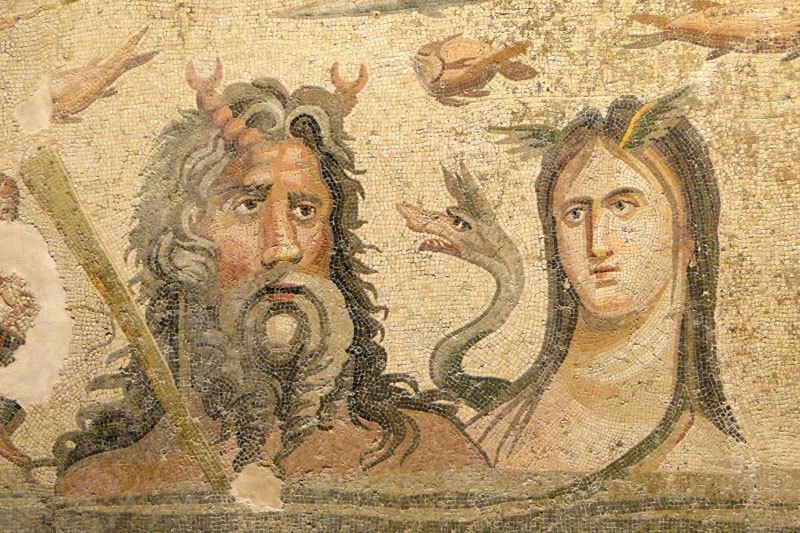
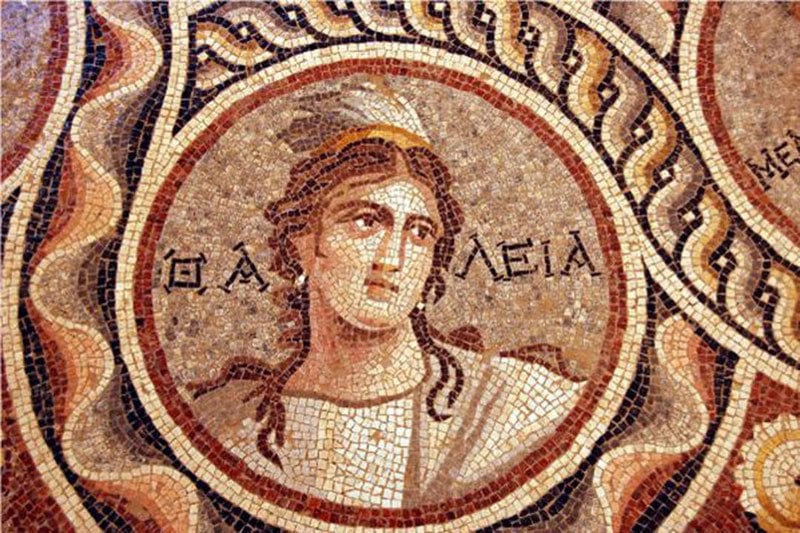
“From now on, we will work on restoration and conservation. We plan to establish a temporary roof for long-term protection. We estimate that the ancient city has 2,000-3,000 houses. Twenty-five of them remains underwater. Excavations will be finished in the Muzalar House next year,” said the head of the excavations, Professor Kutalmış Görkay.
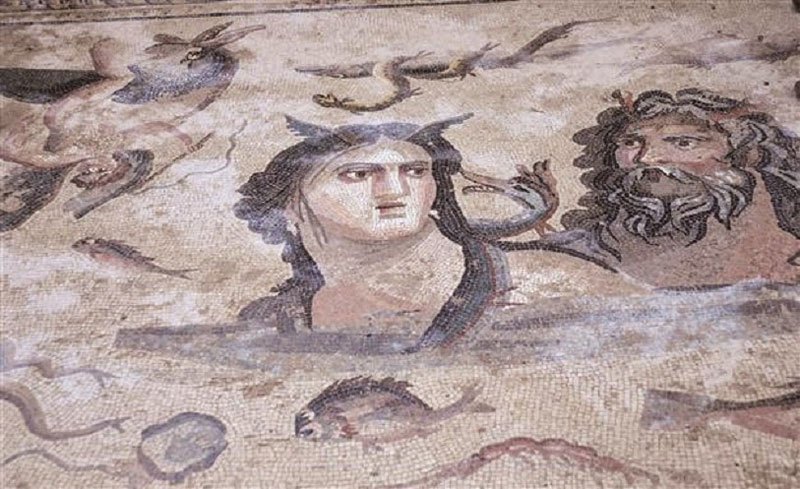
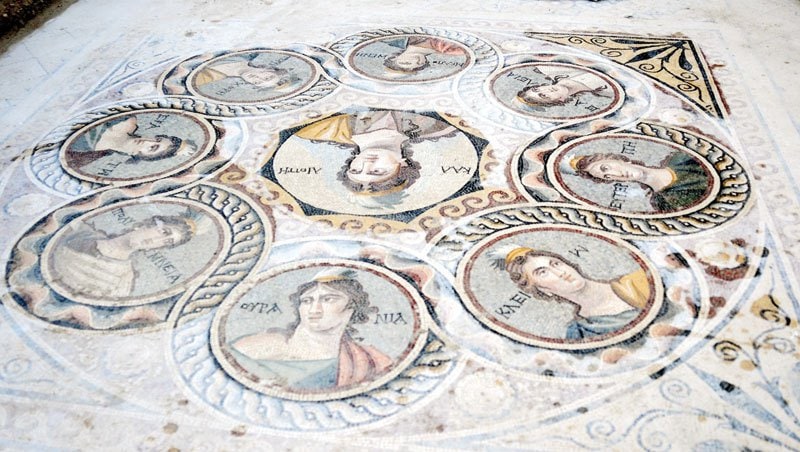
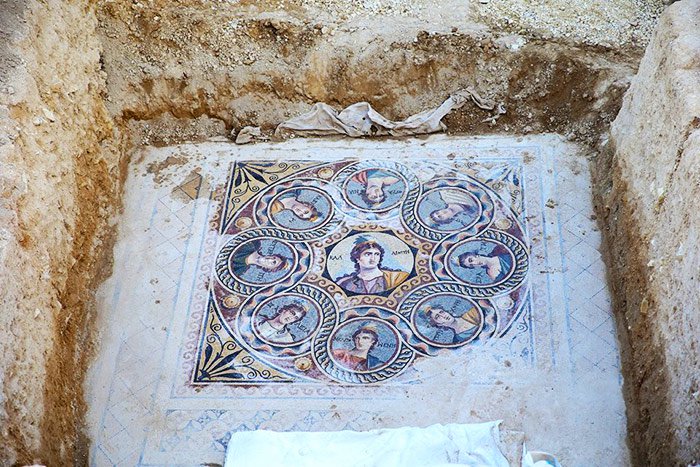
The complete excavation is set to be completed in the next few years. If you liked this make sure you check out the Archaeologist who spent 35 years building a massive scale model of Ancient Rome.